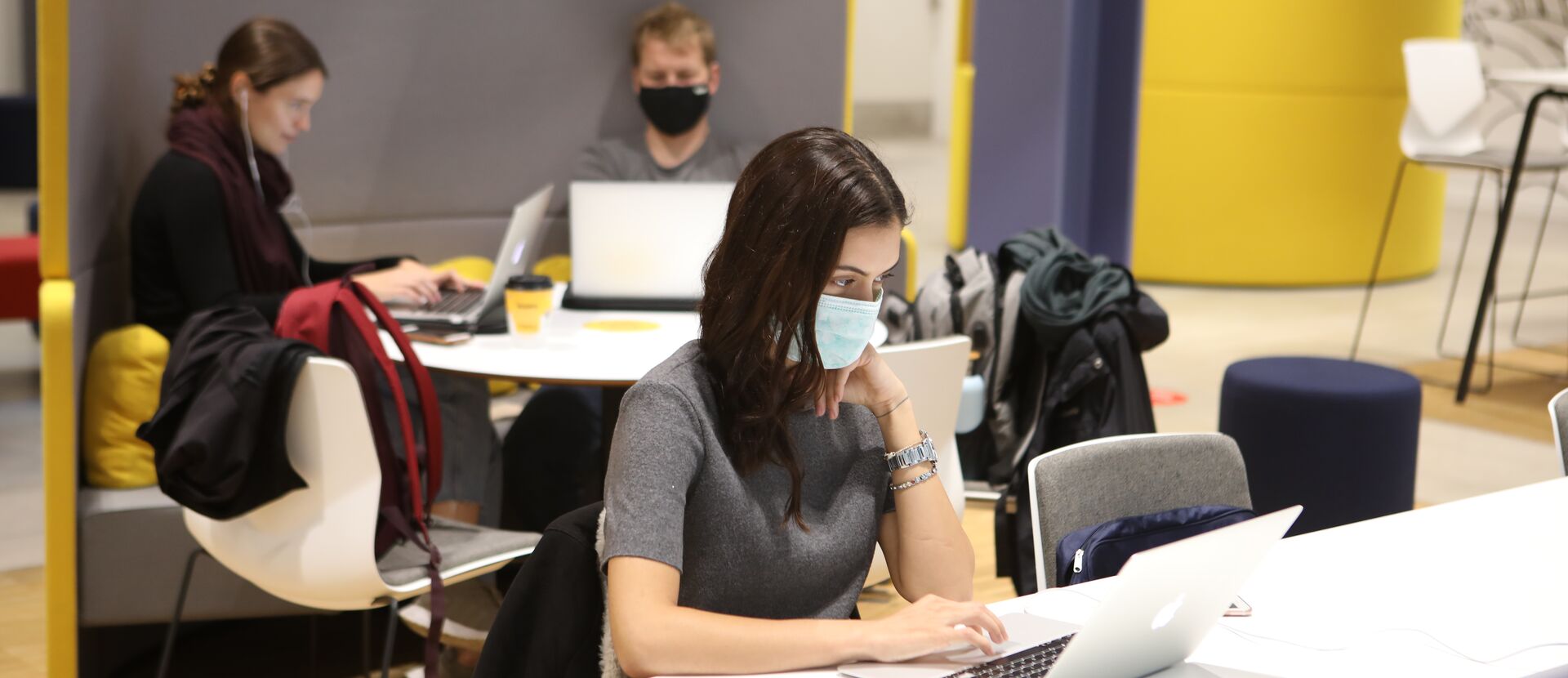Rashi Sonal, a PhD candidate in Organisational Behaviour, at LSE’s Department of Management, shares her experiences and advice after attending and presenting her research at the 83rd Annual Meeting of the Academy of Management 2023.
The annual Academy of Management (AOM) conference brings together scholars, researchers, and practitioners from around the world to engage in discussions and share insights on the pressing challenges in the field of management and organisations. As a PhD student specialising in Organisational Behaviour, I embarked on an incredible journey to this much anticipated event held this August in the vibrant city of Boston, USA.
My Experience at the Annual Meeting
AOM’s annual gathering is not just an event, it’s a hub where the most distinguished scholars in the field converge to discuss, analyse, and shape the future of management studies. With the conference hailed as “the world’s premier event for scholarly engagement” in management and a significant avenue for fostering academic networks, I eagerly anticipated the opportunity to present my research to an academic audience.
My research looks at construction of worker identity and image both within and beyond the traditional boundaries of organisations. This led me to organise a symposium that brought together fellow scholars exploring similar themes. Sponsored by AOM as a ‘showcase’ symposium, this event provided a unique platform to share and discuss our research findings. The chance to engage with experts whose work I had long admired was awe-inspiring, reaffirming the depth and impact of my academic pursuits.
At the heart of the AOM conference lies a plethora of opportunities for learning and connection. Engaging in paper development workshops, meeting with co-authors, and attending paper and symposium sessions provide avenues for enriching knowledge and fostering connections. Engaging in paper development workshops, I had the opportunity to engage in one-on-one interactions with renowned scholars, receiving invaluable feedback on my PhD dissertation. This personalised engagement was a true highlight, enriching my understanding and propelling my research forward. On the hand, the paper sessions I attended shed light on emerging research in my area of interest, giving me ideas for future research and potential collaborators.
The conference also offered an abundance of networking opportunities, allowing me to reconnect with friends and colleagues from other universities while forging new connections. These interactions, often taking place in bustling social events, allowed me to exchange ideas, share experiences, and expand my academic horizons.
Navigating the Conference: Do’s for Success
As I navigated the conference, I gleaned valuable insights that could enhance others’ experience as well:
1. Craft Your Elevator Pitch: Being equipped with a succinct elevator pitch about your research interests proves invaluable. Conversations with peers, professors, and renowned scholars often begin with this question, and your ability to concisely convey your focus exudes confidence and clarity.
2. Stay Connected with Business Cards: Although optional, having business cards on hand can facilitate networking. Sharing your contact information with those you wish to stay in touch with is a professional touch that can lead to lasting connections.
3. Prioritise Purposefully: With an array of workshops, sessions, and discussions, it’s crucial to prioritise your conference goals. Accept that you can’t attend everything and make strategic choices aligned with your interests and objectives.
4. Preparation is Key: If presenting your research, practice your presentation beforehand. This not only alleviates nervousness but also ensures a seamless and impactful delivery of your findings.
5. Take Breaks: The conference can be overwhelming due to the sheer volume of knowledge and interactions. Remember to take breaks to recharge, reflect, and digest the wealth of information around you.
6. Plan in Advance: This might seem obvious, but the key takeaway here is not to underestimate the time and planning that is required for attending conferences, especially if you are presenting. Besides planning and organising travel to the venue, several other things need to be done well in advance, such as the decision to present your research. This might include finalising the research to be presented, applying within the conference deadlines to be accepted, and preparing the presentation.
Reflections on my Overall Experience
As I reflect on my time at the Academy of Management conference, I am filled with gratitude for the knowledge shared, connections forged, and experiences gained. Presenting my research to distinguished scholars, engaging in discussions, and forging connections have collectively enriched my academic journey and imparted an enduring impact. This event has not only deepened my understanding of my research area but has also invigorated my passion for future research pursuits.





